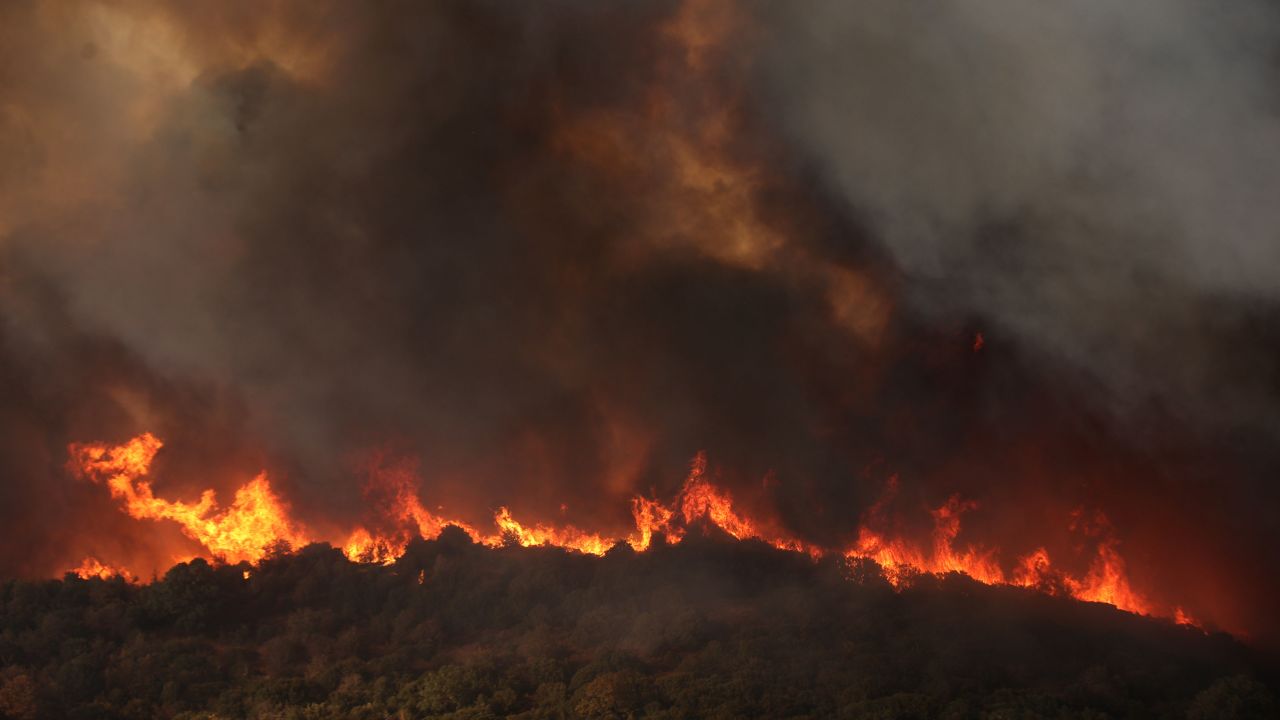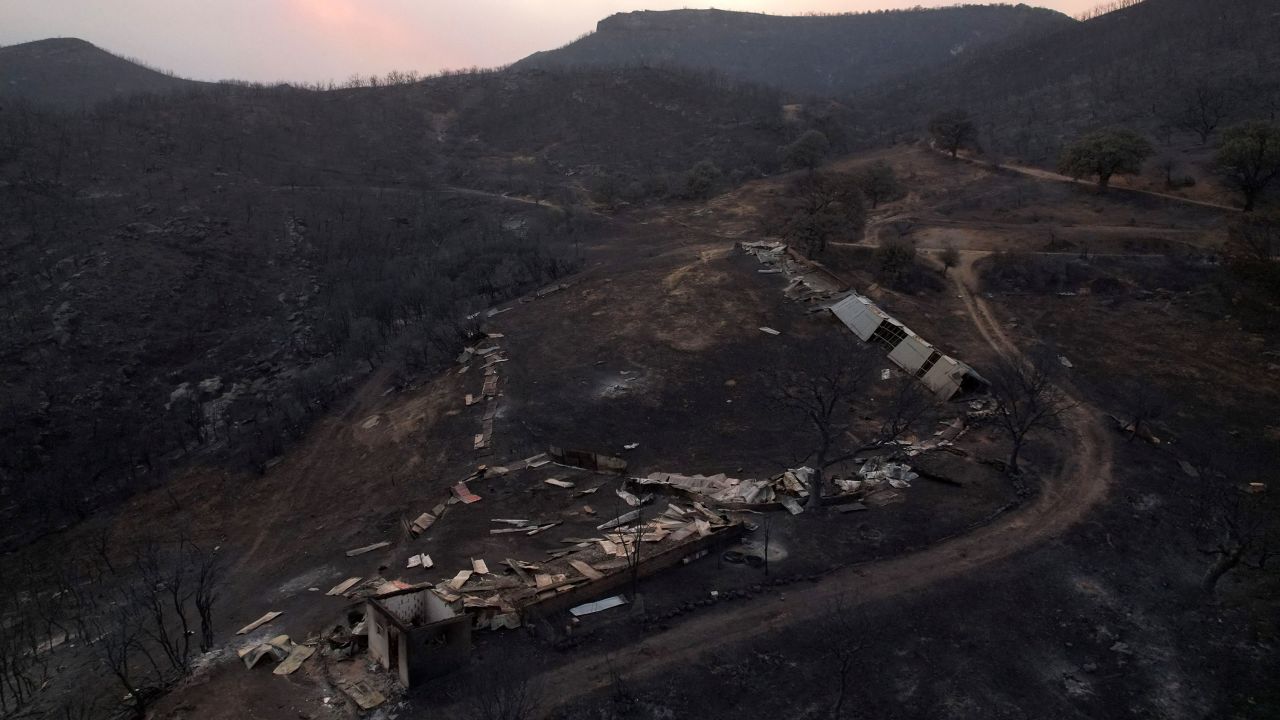Statements on Negative Climate Change Generally Accepted by a Group of Canadian tournament Chess Players on the national chess discussion board, ChessTalk (Non-Chess Topics). The individuals represent a political partisan spectrum, and an issue spectrum.
[In Layman's Terms"]
Statement # 6 (Proposed - Minor Group Secretary Editing)
For 650,000 years, CO2 in Earth's atmosphere never rose beyond 300 parts per million (to 1949). In 1950, 100 years after the start of the Industrial Revolution [1850], the percentage of the air/atmosphere that is CO2 had spiked dramatically to 380 parts per million. Since 1950, we have now had another 75 years of the Industrial Revolution.
[Note 1: We are seeking a source for the 2023 count for CO2 parts per million.
Note 2: The significance of CO2, and the Industrial Revolution, as factors in negative climate change is hotly debated. But it is necessary to include a factual finding on these two items, to have some common factual statement concerning them, for future Statements & debate.]
Group Secretary Ruling # S1:
It is mandatory that when a new Statement is proposed, it must be put forward with some supportive reasons (Executive Summary format preferable).
Consequence:
Since the recent passing of this new Ruling, the Group Secretary has determined that it should be retroactive to any still in process, prior Statements. This only affects Statement # 6.
Processing: Since the Statement # 6 was proposed by Bob A (As Participant), he now has one week to put forward his Support Reasons (Deadline: Wed., Aug. 30 @ 11:59 PM EDT).
Bob A (As Group Secretary)
[In Layman's Terms"]
Statement # 6 (Proposed - Minor Group Secretary Editing)
For 650,000 years, CO2 in Earth's atmosphere never rose beyond 300 parts per million (to 1949). In 1950, 100 years after the start of the Industrial Revolution [1850], the percentage of the air/atmosphere that is CO2 had spiked dramatically to 380 parts per million. Since 1950, we have now had another 75 years of the Industrial Revolution.
[Note 1: We are seeking a source for the 2023 count for CO2 parts per million.
Note 2: The significance of CO2, and the Industrial Revolution, as factors in negative climate change is hotly debated. But it is necessary to include a factual finding on these two items, to have some common factual statement concerning them, for future Statements & debate.]
Group Secretary Ruling # S1:
It is mandatory that when a new Statement is proposed, it must be put forward with some supportive reasons (Executive Summary format preferable).
Consequence:
Since the recent passing of this new Ruling, the Group Secretary has determined that it should be retroactive to any still in process, prior Statements. This only affects Statement # 6.
Processing: Since the Statement # 6 was proposed by Bob A (As Participant), he now has one week to put forward his Support Reasons (Deadline: Wed., Aug. 30 @ 11:59 PM EDT).
Bob A (As Group Secretary)













 ; some CT'er in this category might let me know if I am right on this point). So, though I agree that the "Controversy" seems to be that the two of us have a few
; some CT'er in this category might let me know if I am right on this point). So, though I agree that the "Controversy" seems to be that the two of us have a few  /many differing opinions and seem often in opposing camps that already exist in society, we do reflect a larger controversial conversation going on in the world. So I don't think we can just simply reduce the issue to our little differing of opinions!
/many differing opinions and seem often in opposing camps that already exist in society, we do reflect a larger controversial conversation going on in the world. So I don't think we can just simply reduce the issue to our little differing of opinions!
Comment